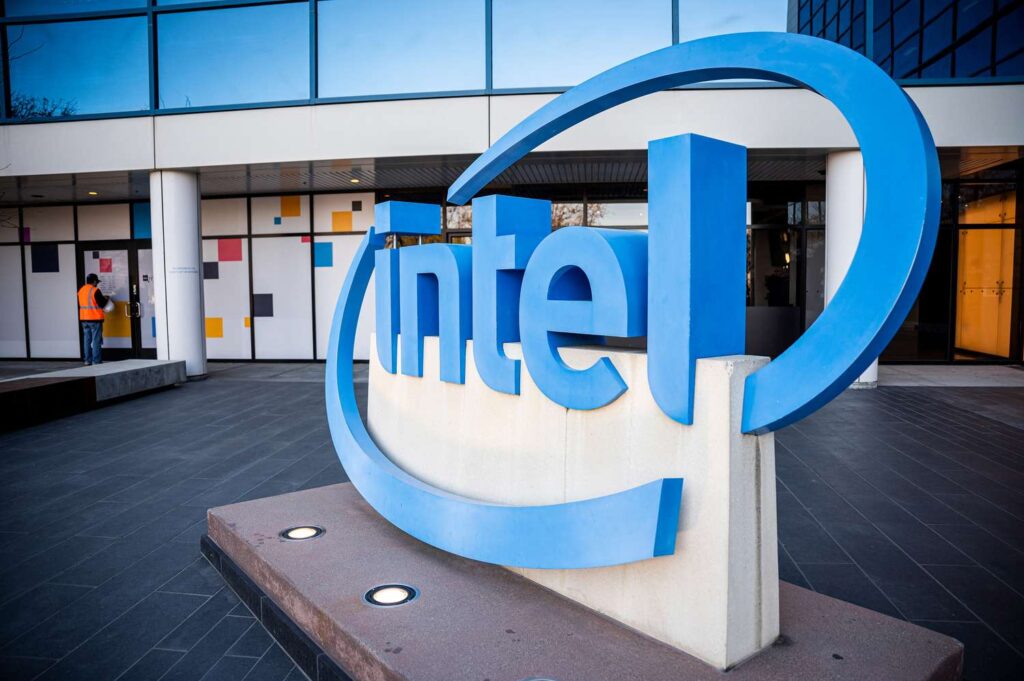Intel shares go up by 6% following plans to revitalize the company by establishing an independent subsidiary for its AI-focused foundry business.

Intel’s stock price has declined by nearly 45%, and the company has reported multibillion-dollar losses in the past year.
In a memo to employees on September 16, Intel CEO Patrick Gelsinger announced that Intel Foundry would become an independent subsidiary with its board of directors and the capacity to raise external capital.
Intel is one of the world’s leading manufacturers of computer processing units and semiconductors. The decision to spin off Intel Foundry indicates an increase in competition with its rival Nvidia, which has reaped substantial benefits from the development of processors and cards tailored to the unique requirements of AI systems.
Intel has announced that its foundry division will commence the production of chips for its partners, such as Microsoft and Amazon, using its new 18A chipmaking process next year.
Gelsinger stated that the new spin-off plan would enable the chipmaker to “improve profitability, enhance market competitiveness, and drive greater efficiency.”
“As I have previously stated, this represents Intel’s most significant transformation in more than four decades.” Gelsinger stated, “We have not attempted something so essential since the memory to microprocessor transition.”
According to TradingView data, Intel shares surged from $19.86 at the market opening to $23.30 in after-hours trading, resulting in a 6.4% increase in the day’s performance.

Intel must overcome some obstacles
Despite Gelsinger’s endorsement of the companies’ new 18A chipmaking process, a report from Reuters on September 4 indicated that the initial tests had encountered significant obstacles.
Since its establishment in February, Intel’s manufacturing division, Foundry, has concentrated on developing processors for artificial intelligence applications. Instead of outsourcing or expediting production to third-party manufacturers, the Intel Foundry produces its processors in-house.

Furthermore, Intel disclosed that it intends to divest some of its ownership in Altera, a programmable semiconductor manufacturer it acquired in 2015.
In addition, Gelsinger disclosed that the Biden administration had granted Intel up to $3 billion in financing to manufacture chips for the US military, and the company would reduce its global real estate footprint by approximately two-thirds.
In its quarterly earnings report on August 1, Intel disclosed operating losses of $7 billion for its chipmaking division, which significantly diminished investor expectations. This resulted in the stock experiencing a 30% decline over the next two days, the most severe two-day decline in the company’s history.
The company announced its intention to reduce its personnel by approximately 15% as part of a more extensive cost-cutting initiative at that time. Gelsinger stated that the organization was “more than halfway” through the process, with an ultimate objective of employing 15,000 individuals by the year’s conclusion.
The modification results from Intel’s persistent decline compared to its competitors, such as Advanced Micro Devices (AMD) and Nvidia.
After only one year of production, Intel discontinued a series of Bitcoin-mining processors in April 2022.
